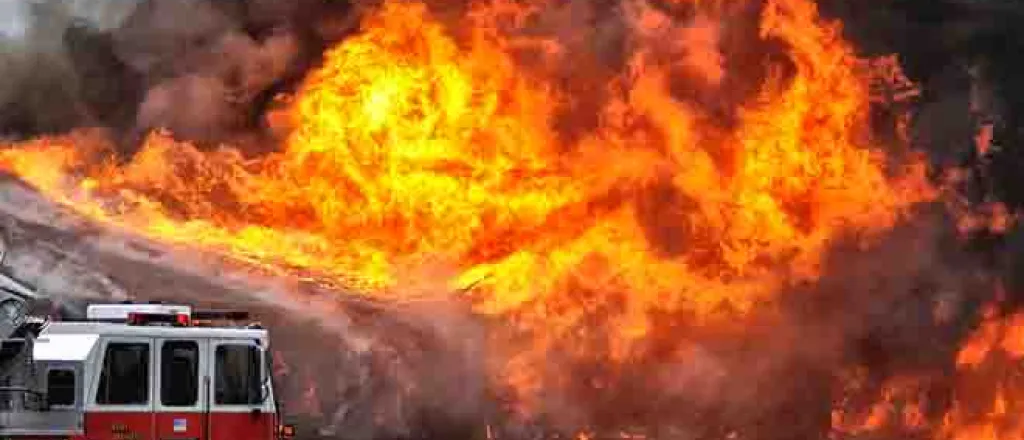
Hardening homes could be more effective defense against wildfires
(Oregon News Service) Wildfires are a growing threat in the western United States, and a lot of money is spent on fire suppression. But a less costly approach could be to make homes and buildings more resistant to damage.
Kate Anderson, senior researcher with the farms and forest program at the Sightline Institute, said "fire hardening" is far cheaper and more effective than trying to suppress fires far from a person's home.
However, she said it's hard to change the mindset that we need to stop every fire, and also stop the current "wildfire treadmill" we're on.
"By fighting every fire for over a century now," said Anderson, "we've suppressed ourselves into a corner where even a small and innocuous fire can explode into an uncontrollable megafire."
Anderson said she believes fire hardening homes and communities is a cornerstone of climate resilience and adaptation. But the next step will be making it the new normal.
Anderson said some policies could help do this. Those include insurance discounts for hardened homes, requiring home sellers to disclose fire risk and using public funding to boost hardening.
However, she also noted that making homes fire resistant has its limits.
"Short of living in a concrete bunker, we can't guarantee that our homes will survive a wildfire," said Anderson, "but hardening them really will improve their odds."
Anderson said states should also adopt and enforce wildfire building codes.
She said homeowners aren't internalizing the costs and these codes would be helpful to address that in the long term.
"People who live in fire prone lands will come to see them as natural," said Anderson, "just like many of the other rules and regulations we take for granted these days."
















